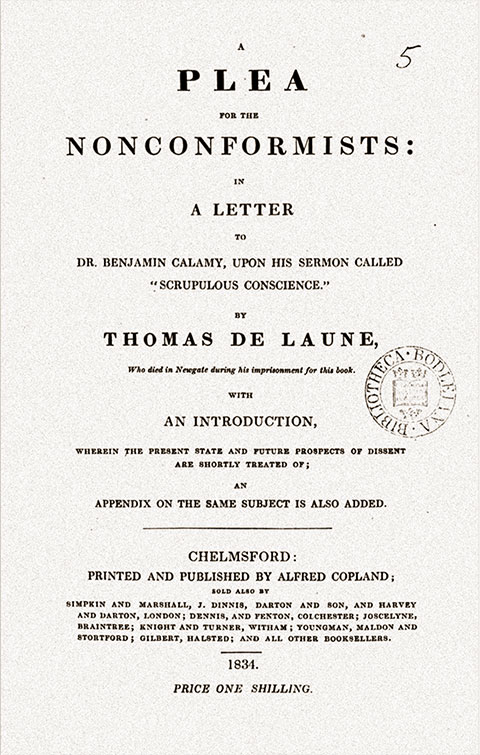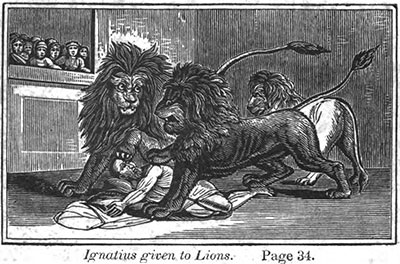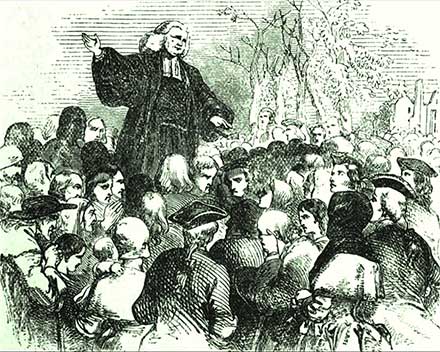
On his way from England to Portugal to survey the damage done by the great Lisbon earthquake, John Howard was captured by a French privateer. He was cruelly treated. He wrote, “Before we reached Brest I suffered the extremity of thirst, not having for above forty hours one drop of water, nor scarcely a morsel of food. In the castle at Brest I lay six nights upon straw, and observed how cruelly my countrymen were used there and at Morlaix, whither I was carried next; during two months I was at Carhaix upon parole, I corresponded with the English prisoners at Brest, Morlaix, and Dinnan: at the last of these towns were several of our ship’s crew, and my servant. I had sufficient evidence of their being treated with such barbarity that many hundreds had perished, and that thirty-six were buried in a hole at Dinnan in one day.” Continue reading “John Howard reformed Europe’s prisons”




